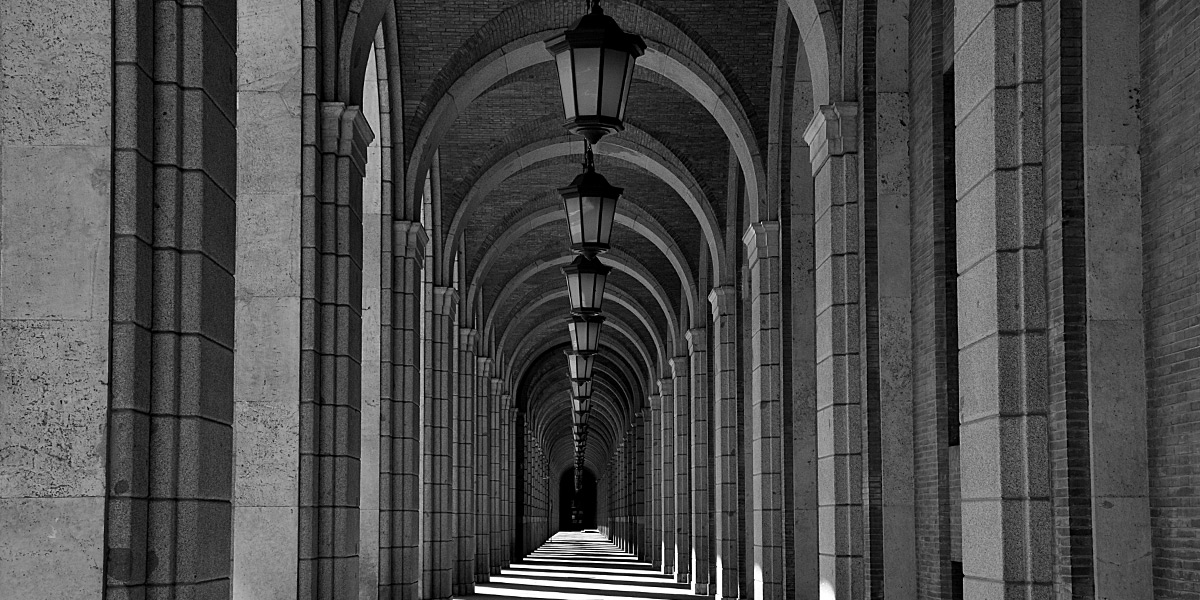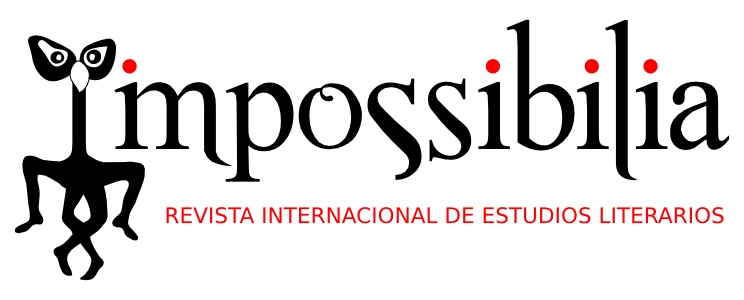Impossibilia (en)

Arcos II, Felipe Gabaldón
The word impossibilia (adynata in its Greek version) has been used in the art of rhetoric to designate the figure of speech through which someone attempts to confirm the impossible nature of a given fact by presenting the possibility of an event which is all in all unverifiable.
It is a hyperbolic figure which states the impossible in order to demonstrate the unlikely nature of a fact or event. In this linguistic construction, a significant relation is established between two propositions whose referents are characterized by incompatible, conflicting and contradictory properties.
For us, the impossible is plausible and believable within an imaginary universe: this is truly the most tangible characteristic of literature. If, in effect, the literary universe is the space wherein what is impossible and improbable is realized, our magazine seeks to offer a place from which to go beyond what is possible and probable.
In light of what has been said, this magazine will accommodate essays which focus on literature from the following perspectives: literary theory, literary criticism, comparative literature and history of literature. We intend therefore to promote an open and heterogeneous discussion in the midst of which we should be able to combine tradition with the most contemporary theories and technologies, always having literature as our fundamental concern. Ours has been conceived as an international editorial project where we intend to develop a multifaceted scientific research on literature. We aim to promote the communication between experts in this field as well as the transfer of knowledge in its broadest sense.
For us, the perfect materialization of our idea of impossibilia is the Garden of Earthly Delights by Bosch. From this painting originates the image which identifies us: the four legs represent the four disciplinary paths we have chosen in order to approach the study of literature; these are coronated by the eyes of an owl, eyes which unite the human and the divine spheres and which signify our goal to achieve Minerva’s wisdom, albeit conscious of departing from the mundane.
Nobis Litterae leves
Prima divelte, in mar precipitando,
spente nell’imo strideran le stelle,
che la memoria e il vostro
amor trascorra o scemi.
Giacomo Leopardi




